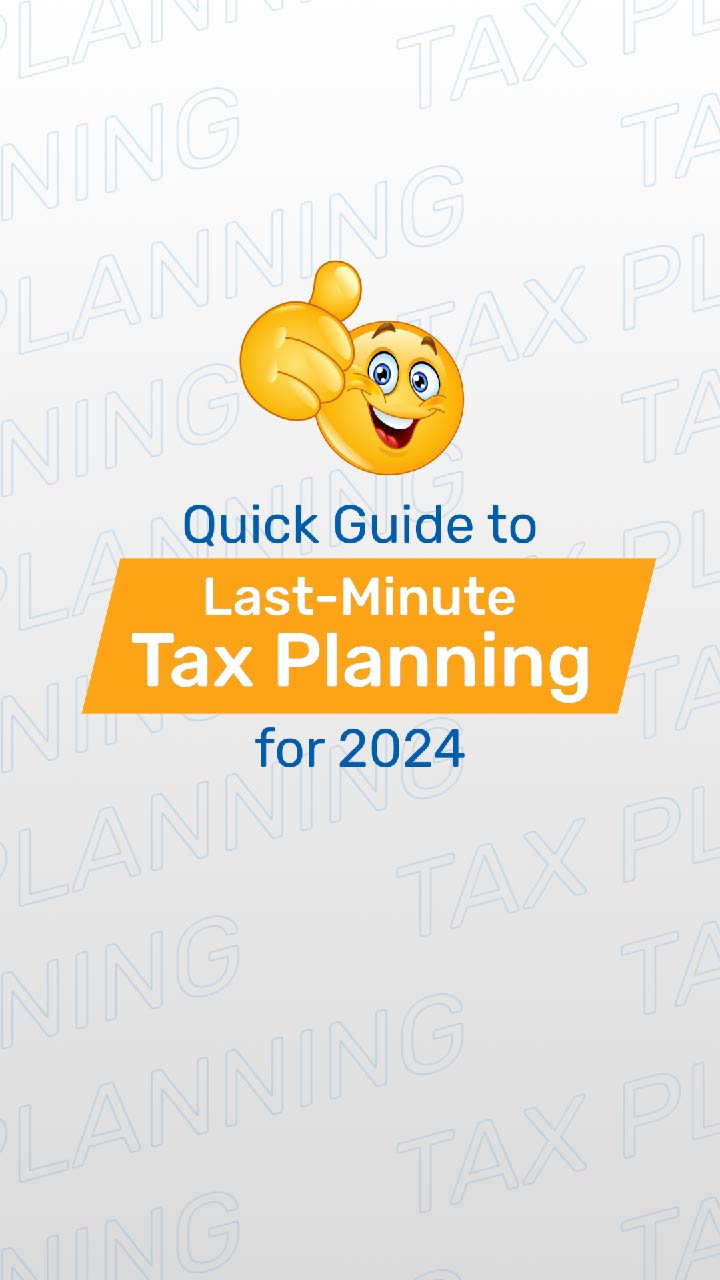Real Estate Rescues: Last-Minute Tax Benefits in Property Investments
Welcome to another video of last-minute tax-saving hacks for the end of the financial year! Here, we’ll explore some eleventh-hour strategies to optimise tax savings through real estate investments.
To start, we’ll discuss some key benefits like property depreciation, that are often overlooked. This allows building owners to claim deductions on the structure's depreciation value, thus reducing taxable income. Here, you’ll learn about how assessing and claiming this value before year-end can make a significant difference.
Another key tax-saving strategy that this video explores is home loan interest deductions under Section 24(b). It is essential to review and optimise these payments for tax savings. Those with co-owned properties can understand how each co-owner can claim separate deductions. This could be a valuable approach for couples or family members with joint property ownership.
We will also discuss capital gains tax exemptions available through Sections 54 and 54F. These could allow taxpayers to offset gains by reinvesting in other properties or specified bonds within a set timeframe. Hence, proper planning around such real-estate deductions and exemptions could greatly reduce your tax liabilities.
Don’t forget to consult a tax professional for guidance on maximising these benefits. As always, stay tuned for more insights on financial planning.

Key Takeaways
Claiming depreciation on a property's structure before the financial year closes can result in significant tax savings
Review and optimise home loan interest payments, to claim deductions under Section 24(b) and reduce your taxable income
Jointly owning a property could allow each co-owner to claim individual deductions, spreading the tax burden and maximising savings
Ensure proper documentation and allocation of ownership shares when jointly owning a property to maximise tax benefits
Plan property transactions carefully to minimise capital gains tax and utilise exemptions under Section 54 and Section 54F of the Income Tax Act
Don't miss out on last-minute tax benefits in real estate and remember to consult a tax professional if required
What to Watch Next
Bites































